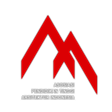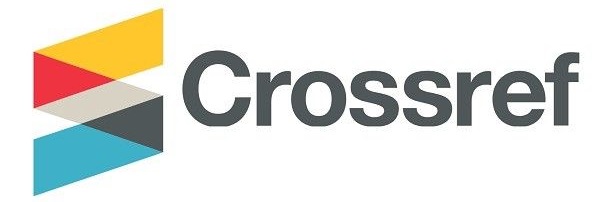Penerapan Konsep Permakultur Dengan Pendekatan Sosioekologi Dalam Membangun Desa Wisata (Studi Kasus: Desa Jengglung Harjo, Kabupaten Tulungagung)
DOI:
https://doi.org/10.21776/ub.ruas.2014.012.01.9Abstract
The current condition of agriculture areas is decreasing its number because of the increases of the need for housing. In the aspect of tourism, the needed lands for development of tourism are also increased in Indonesia because it is expected to increase foreign exchange. The need and the lack of food can be supported by developing the tourist areas. One of applications to develop the tourist areas is permaculture (permanent agriculture) which was firstly introduced by Bill Mollison. However the concept of permaculture is not directly applicable because the impact on the permaculture could affect the environment of the area. Thus the relationship between the application of permaculture and the local community cultures is needed. Permaculture is also needed to be adapted into the culture of the local communities in the case study areas. The sites of the case studies are located in Jengglung Harjo and Sine village Tulungagung. This area is adjacent to Sine beach. In this study, the researcher used the descriptive analysis methods with visual culture approach. The visual culture approach is more preferred in the field of socio-ecological studies on the study and the area of study. The application of permaculture can be used as an alternative to enlarge the potential of food and tourism. By linking the permaculture to local culture, it can reduce the negative impacts in the field of socio-ecology.
Key words: permaculture, eco-tourism, socio-ecology
Downloads
How to Cite
Issue
Section
License
Authors who publish with this journal agree to the following terms:
- Authors retain copyright and grant the journal right of first publication with the work simultaneously licensed under a Creative Commons Attribution License that allows others to share the work with an acknowledgement of the work's authorship and initial publication in this journal.
- Authors are able to enter into separate, additional contractual arrangements for the non-exclusive distribution of the journal's published version of the work (e.g., post it to an institutional repository or publish it in a book), with an acknowledgement of its initial publication in this journal.
- Authors are permitted and encouraged to post their work online (e.g., in institutional repositories or on their website) prior to and during the submission process, as it can lead to productive exchanges, as well as earlier and greater citation of published work (See The Effect of Open Access).











